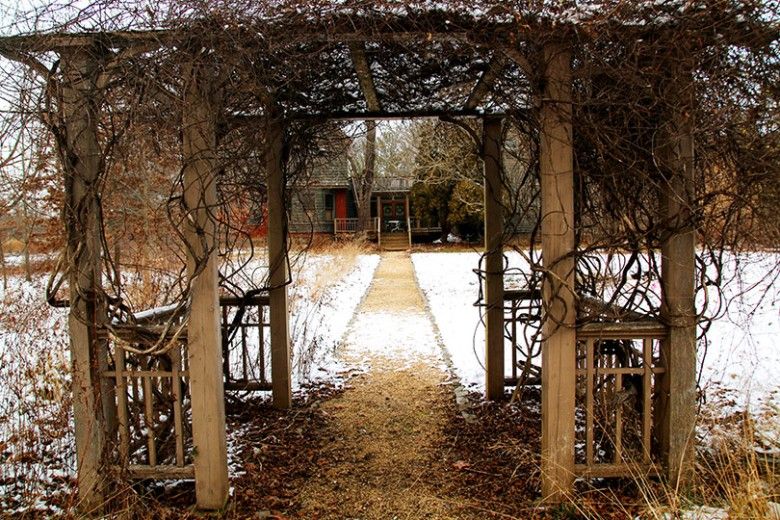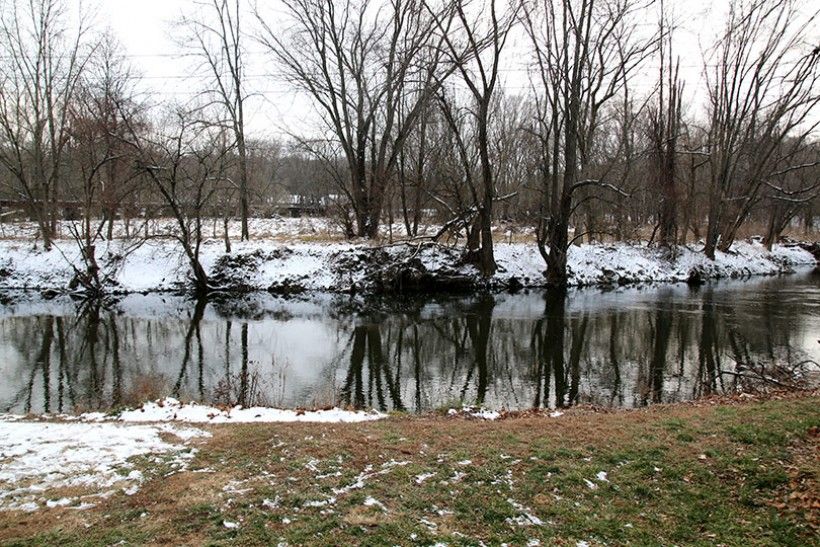Environmentally friendly home deicing

Now that we are seeing a January thaw (temporary, for sure) it is a good time to think about how to treat driveways and walkways in an environmentally friendly manner. Rock salt (sodium chloride) is a “natural” product, is cheap and widely available, but it degrades soil and water quality and is harmful to plants. Here are two things you can do to reduce this environmental hazard.
Use safer deicers at home.
There is no “perfect” deicer currently available. All deicers harm the environment in some way, but replacing rock salt with an alternative can reduce the impact of deicing. Non-sodium chloride deicers are less harmful than rock salt to plants; Calcium magnesium acetate (CMA) has even less impact on vegetation, but in high quantities can adversely affect aquatic wildlife by decreasing dissolved oxygen (DO) in waterways. Deicers from carbohydrates such as beet juice may also reduce DO. The US EPA lists products it has certified as “Safer Choice”. To use the list choose “Deicers” from the dropdown, and read the product description carefully.

Winter is the time to research and plan your spring planting projects.
Trees, shrubs and native grasses planted along or on slopes above ponds, streams and other waterways reduce the amount of salt getting into waterways. If your planting site is near a heavily salted road, select salt-tolerant plants. See the lists here and here.
Keep up to date on new ideas for taking care of your land sign up for our email updates. Or, if you are planning a large planting project, check out our guide to waterway buffer planting.